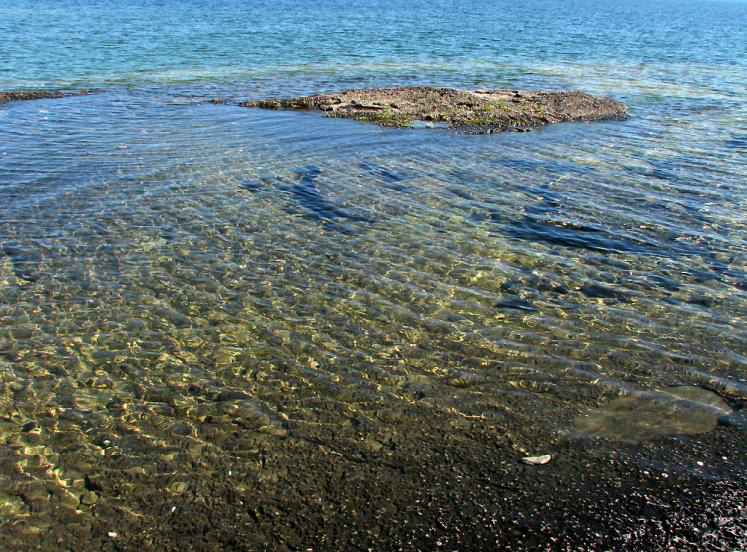Perhaps anthropogenic global warming projections have been overstated––perhaps!
To the Expositor:
I offer the following comments regarding the climate debate as a result of your editorial of September 30 (‘Ideological blinkers must be removed in climate debate,’ Page 4).
My first comment concerns the general theme of the editorial. If I understand it correctly, it is a call for a rational discussion on the matter at the federal level in order to develop policies going forward to mitigate the possible effects that climate change could present. A reasonable position I would think. Expecting the three major parties to cooperate in this manner might be a bit of a stretch but there is nothing wrong with the thought.
Secondly, a prerequisite to sound government policy is the requirement to get the science right. Unless this happens, there will be serious consequences. Good policy decisions will not emerge from bad science. Good science should be easy to identify if the scientific method is in play. When words like denier, warmonger etc. are used and when slander law suits are prevalent, an observer should know that science has gone out the window.
Why is there such a chasm between the two sides in the debate? One would think that the debate, at least in the early stages should be a purely scientific one. The answer has to be that the science has been upstaged by groups and individuals with a political agenda.
Al Gore’s ‘An Inconvenient Truth’ is a prime example of what has gone wrong. Here is a film that is riddled with error and fraught with such gross exaggerations that it should be an embarrassment to any competent scientist. Even more troubling, this documentary passes as science and is still presented as such in many of our schools. I cannot make these statements without offering an example to illustrate the point. Hurricane Katrina is featured with footage of the destruction wrought followed by the threat of increasing frequency and of course featuring the requisite apocalyptic sound track screaming in the background. The science on this matter can be discerned from a number of sources. I site two of them. First, the UN Intergovernmental Panel on Climate Change (IPCC) 2012 Special Report on Extreme Events states that there is no evidence of an upward trend. Secondly, in a presentation to the US Senate Hearing on Climate Change held on 18 July 2013, Professor Roger Pielke Jr, a prominent and respected authority, stated that extreme weather events including cyclones, tornados, droughts and floods show no upward trends both in the US and globally. In fact, US hurricane landfalls for the last 100 years show a slight decrease. Pielke supported his position with ample evidence and made the point that it is not difficult to get the science correct. A hurricane tends to announce its arrival. From there one has to be able to count. A test that most scientists would pass.
To repeat, if we are to develop sound policies regarding climate change, science must reclaim some of the turf lost to the politicians, the media, and the self-appointed fog horns spreading voodoo science to the media and our schools. This can be done by retreating from the rhetoric around the subject and supporting claims with evidence as the “good ones” always do. In addition scientists need to call out errors and misinformation offered up by politicians and others immediately after the claims surface and it should be done regardless of the messenger.
Some good news for our students who might have been subjected to Al Gore style sensationalism and bad science. Temperature readings for the last eighteen years show no upward trend. This is the “hiatus” referred to by the IPCC. Perhaps anthropogenic global warming projections have been overstated. I say perhaps! There is much to learn.
Shane Desjardins
Mindemoya



